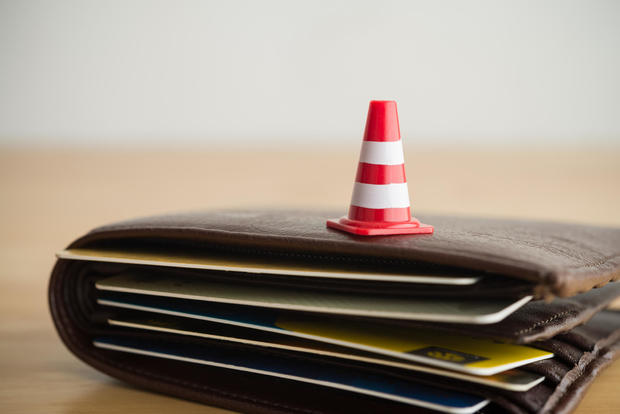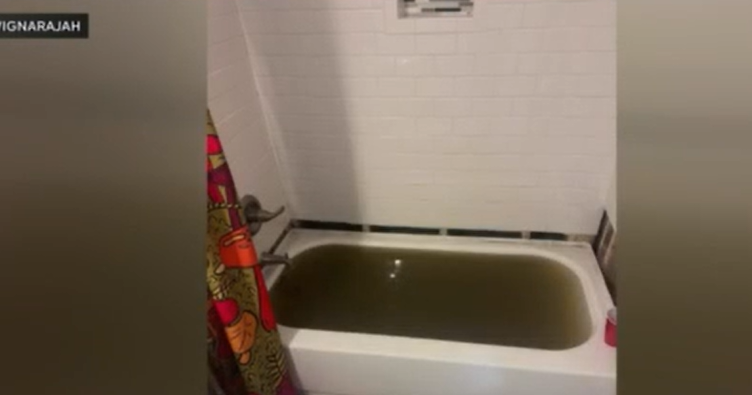What credit card debt relief options work best with bad credit?
Credit card debt can feel like an insurmountable burden, especially when paired with bad credit. For many people, the combination of high interest rates and a low credit score creates a vicious cycle: the more debt you carry, the harder it becomes to qualify for affordable financial solutions. This cycle can be overwhelming, leaving you to wonder if relief from your high-rate credit card debt is even possible.
The good news is that having bad credit doesn't mean you're out of options for tackling credit card debt. While traditional financial solutions like low-interest loans or premium credit cards may not be available to those with poor credit, several effective alternatives exist that focus less on your credit history and more on your current ability to address the debt, providing realistic paths forward regardless of your credit situation.
Understanding these options is crucial, though, as choosing the right debt relief strategy can not only help you eliminate credit card debt but potentially improve your credit score over time. The key is knowing which solutions are most accessible and effective when your credit is less than perfect, and how to implement them in a way that supports your long-term financial recovery.
Compare the debt relief options available to you here.
What credit card debt relief options work best with bad credit?
If you're trying to get rid of your credit card debt with a less-than-ideal credit score, these strategies could help:
A debt management plan
Debt management plans offered by credit counseling agencies are a structured way to pay off credit card debt over time. These plans help you consolidate multiple credit card payments into one monthly payment and often come with reduced interest rates and waived fees negotiated by the agency on your behalf.
Why it works for people with bad credit:
Debt management plans do not require a high credit score to enroll and the credit counselors you work with will negotiate directly with your creditors to create a manageable repayment plan. This makes it an accessible option for those with bad credit who may not qualify for traditional consolidation loans. Consistently making payments under the plan can also help rebuild your credit over time.
Find out how the right debt relief program could benefit you today.
A debt consolidation loan from an alternative lender
While bad credit can make it challenging to qualify for traditional bank loans, some alternative lenders specialize in offering debt consolidation loans to those with poor credit. These loans combine multiple credit card balances into a single loan, often with a fixed interest rate. Debt consolidation programs offered by debt relief companies can also be an option, as they tend to have more flexible lending parameters.
Why it works for people with bad credit:
Alternative lenders often consider factors beyond your credit score, such as income and employment stability, during the approval process. While the interest rates may be higher than those offered to individuals with good credit, they are often lower than credit card APRs, making it easier to manage monthly payments. This option can simplify your debt repayment process and potentially save you money on interest.
A debt settlement program
Debt settlement involves negotiating with creditors to reduce the total amount of debt that's owed. Companies specializing in debt settlement can negotiate on your behalf to achieve a lump-sum settlement that is less than the original balance. Once an agreement is reached, you make a one-time payment to settle the debt, with the remainder being "forgiven" by the creditor.
Why it works for people with bad credit:
Creditors may be more willing to negotiate with those who have a history of missed payments or accounts in collections, as they prefer recovering some money rather than none at all. While debt settlement can negatively impact your credit score in the short term, it provides relief for those unable to manage their debt and offers a fresh start once the debt is settled.
A self-managed hardship plan
Working directly with credit card companies to establish hardship plans can be effective regardless of your credit score. Many credit card issuers have programs designed to help struggling customers through temporary or permanent interest rate reductions and modified payment plans.
Why it works for people with bad credit:
These work well with bad credit because you can typically access these programs regardless of your current credit score. Ultimately, many card issuers are willing to work with you to prevent complete default, and these arrangements can help prevent further credit damage.
The bottom line
Dealing with credit card debt and bad credit simultaneously may seem daunting, but there are viable solutions that can help. Strategies like debt management plans, alternative consolidation loans and even debt settlement programs provide relief tailored to those with low credit scores. While each option has its pros and cons, the key is to choose the one that aligns with your financial situation and long-term goals.
By taking action and exploring these options, you can start the process of breaking free from the cycle of debt. The journey may be challenging, but with persistence and the right strategy, financial stability could be within reach.




